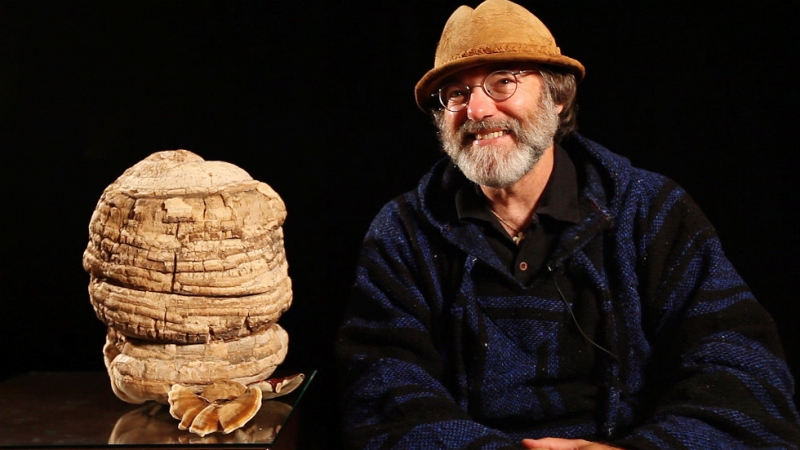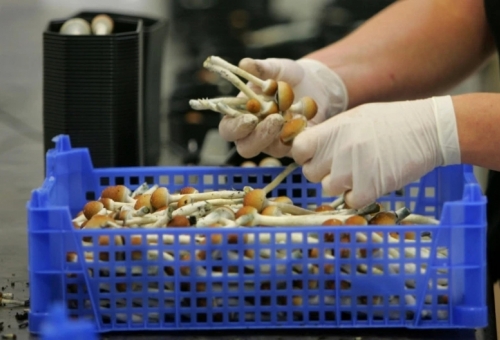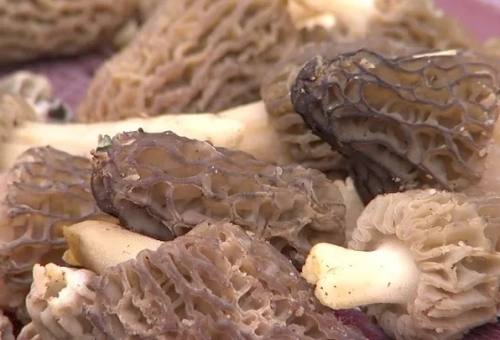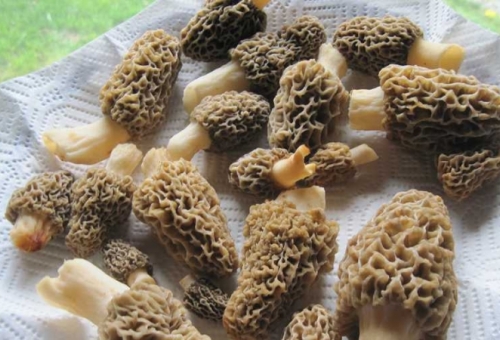
Mushrooms are often considered only for their culinary use because they are packed with flavor-enhancers and have gourmet appeal. That is probably why they are the second most popular pizza topping, next to pepperoni.
In the past, food scientists like me often praised mushrooms as healthy because of what they don't contribute to the diet; they contain no cholesterol and gluten and are low in fat, sugars, sodium and calories. But that was selling mushrooms short. They are very healthy foods and could have medicinal properties, because they are good sources of protein, B-vitamins, fiber, immune-enhancing sugars found in the cell walls called beta-glucans, and other bioactive compounds.
Mushrooms have been used as food and sometimes as medicine for centuries. In the past, most of the medicinal use of mushrooms was in Asian cultures, while most Americans have been skeptical of this concept. However, due to changing consumer attitudes rejecting the pharmaceutical approach as the only answer to healing, that seems to be changing.
Stinkhorns, truffles, smuts: The amazing diversity -- and possible decline -- of mushrooms and other fungi
I study the nutritional value of fungi and mushrooms, and my laboratory has conducted a great deal of research on the lowly mushroom. We have discovered that mushrooms may be even better for health than previously known. They can be excellent sources of four key dietary micronutrients that are all known to be important to healthy aging. We are even looking into whether some of these could be important in preventing Parkinson's disease and Alzheimer's disease.
























